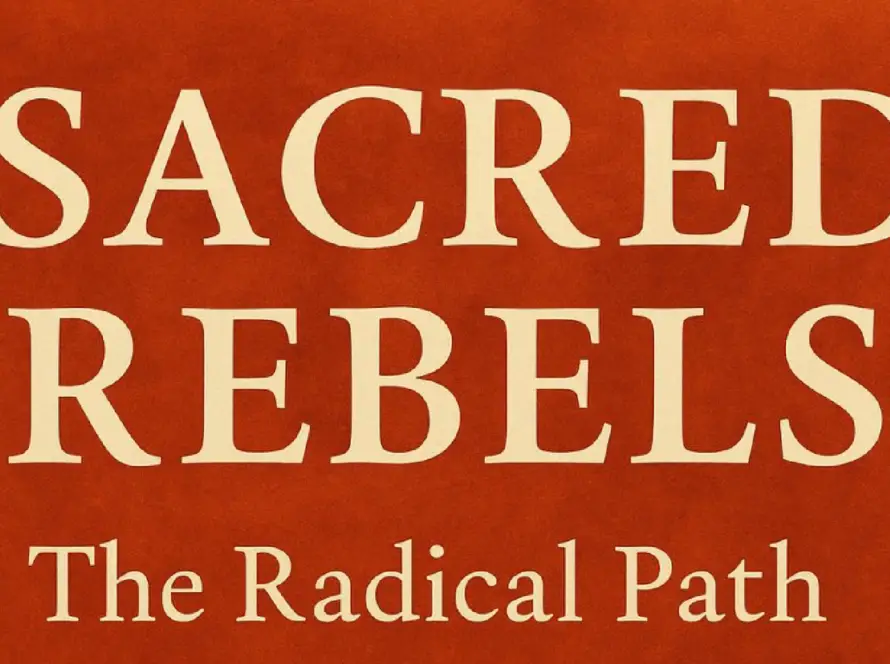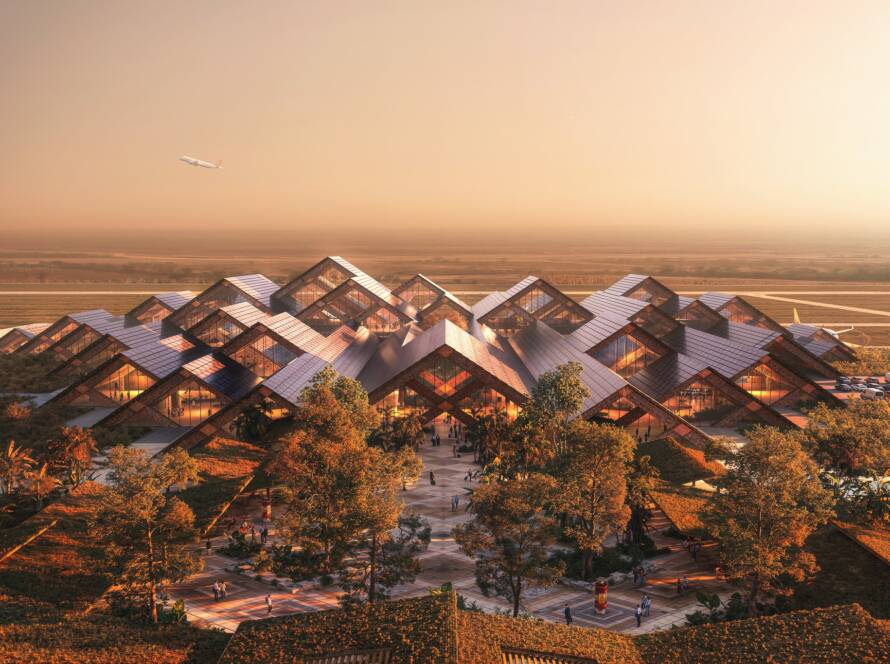The journey to Varanasi begins under deep blue skies in Siliguri. Seventeen hours later, the Mahananda Express pulls into Pandit Deen Dayal Upadhyaya Junction just ten minutes behind schedule. I take a cab to Assi Ghat.
My guesthouse owner joyfully tells me that there are free yoga classes on the ghat around sunrise. I prefer a late morning, but feel somewhat obliged to attend – after all, I did come to Varanasi to rejuvenate my body and mind.
At 6AM, I crawl out of bed and get ready, but before heading down the stairs, I look out of the window. “Yes!” The yoga class is over and the group members are packing up to leave. I’m delighted. Another hour of sleep will be perfect.
Even though I do nothing on long train journeys other than nap and gaze at the passing scenery, they somehow zap my energy and it takes at least twenty-four hours to get back to full power.
To save money, I take brunch rather than breakfast and lunch. I’m happy to discover that coffee and a muffin are included in the cost.
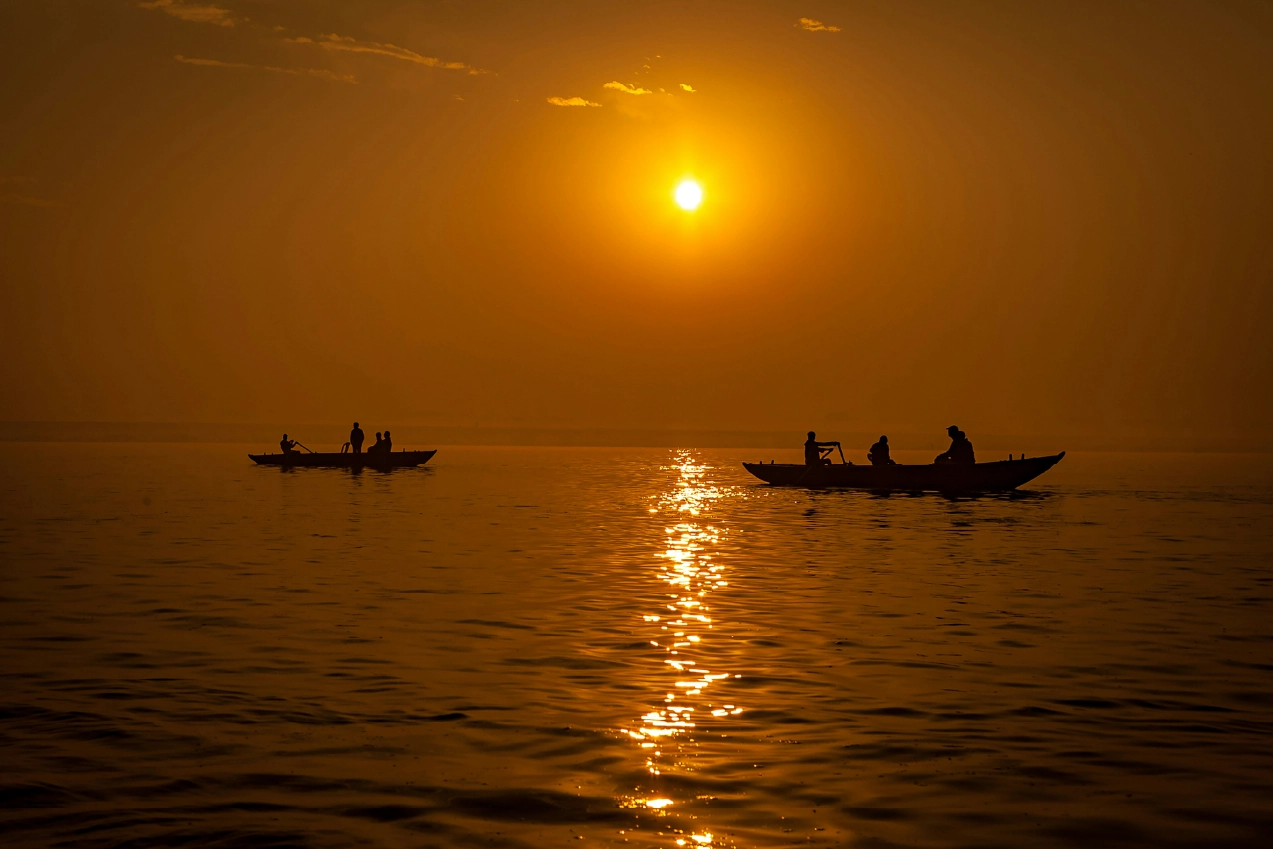
I plan to walk directly to Dashashwamedh Ghat, the main ghat, but a strong breeze encourages me to stop and take a break. I close my eyes. The sound of the waves reminds me of my childhood home next to the sea.
I continue my walk. The lower part of the ghat is covered by water. I don’t want to take a detour, and so I step onto a narrow ledge. Immediately, someone calls, “no, uncle – danger”. It’s too late. I’m committed. A small crowd has gathered to watch as I edge my way along, clinging to plants and placing my fingers in small grooves in the wall above. I made an error of judgement, but inch by inch I made it to the other side. A young guy pulls me up. I keep going.
I take another break. A guy in ragged clothes tells me that the weather is good. I agree. He appears homeless, but his nails and hair are short and clean. I engage him in conversation. He tells me that he is from Varanasi and lives on the ghats.
I inquired about his family. He replies that they no longer look for him, and that the Ganga, the clouds, and sky are now his companions. I offered him the muffin that came with my brunch. He politely takes it, indicating that it’s good. He is a free spirit. I tell him that he is like a sadhu. He half nods, but implies that he eschews such titles and prefers his ragged clothes to formal ocher robes.
In a planet obsessed with status and material success, it’s refreshing to meet a simple being who realizes that freedom depends on the mind, not on wealth, possessions, and status.
If our minds are truly at peace, we’ll be equally content in a five-star resort as in a congested slum. In contrast, if we are disturbed, we will not find peace even on a cool mountain peak watching the moon rise over the horizon.
I tell him that I’ll bring him lunch on the way back. He smiles, but I feel he doesn’t care either way.
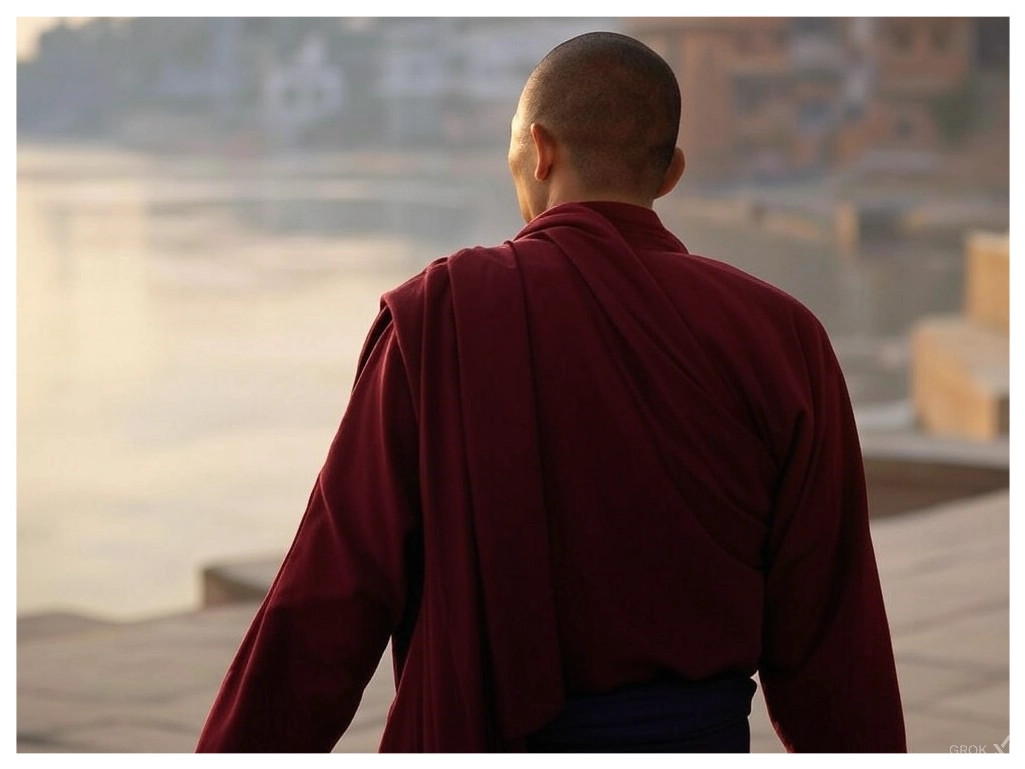
I walk through the colloquially named ‘bathing’ and ‘cremation’ ghats. As I pass a burning pyre, I glance down. I see the head of a body sticking out from the shroud.
I remind myself that this is my future and the future of all living beings. Strangely, although impermanence is one of the four pillars of Buddhism, even devoted Buddhists often forget or intentionally ignore this truth. As a result, they spend their entire lives accumulating material things and struggling to raise their social status as though they will live forever.
In reality, all phenomena, including our bodies, are no more real and permanent than a rainbow or mirage. Does knowing this mean that we should no longer purchase new gadgets or establish businesses or careers? No, that is unnecessary, but we do need to maintain the right view.
Otherwise, expecting long-term happiness from material things, relationships, and status will end in a sense of disappointment, not dissimilar to that of a man who spends his life searching for water in a mirage.
I reach Dashashwamedh Ghat and walk in the narrow alleys located above the steps, jostling with cows, motorbikes, and people. I ordered a veggie chow mein and freshly made juice for the guy I met on the way.
Like a movie played in reverse, I retrace my steps. The pyre that I passed earlier has already been reduced to ash and the head has gone. The previous occupant is now in the bardo. I silently pray that he can gain an auspicious rebirth.
The sound of melancholic chanting merges with the thick smoke and the heat of the fires. I imagine how the illusory hell realms look.
I found my new friend sitting in the same place. He thanks me for the chow mein and juice and tells me his name is Rajish and that he is 24 years old. I don’t want to disturb his meal, and so I keep going. I hope that he can retain his free and open spirit.
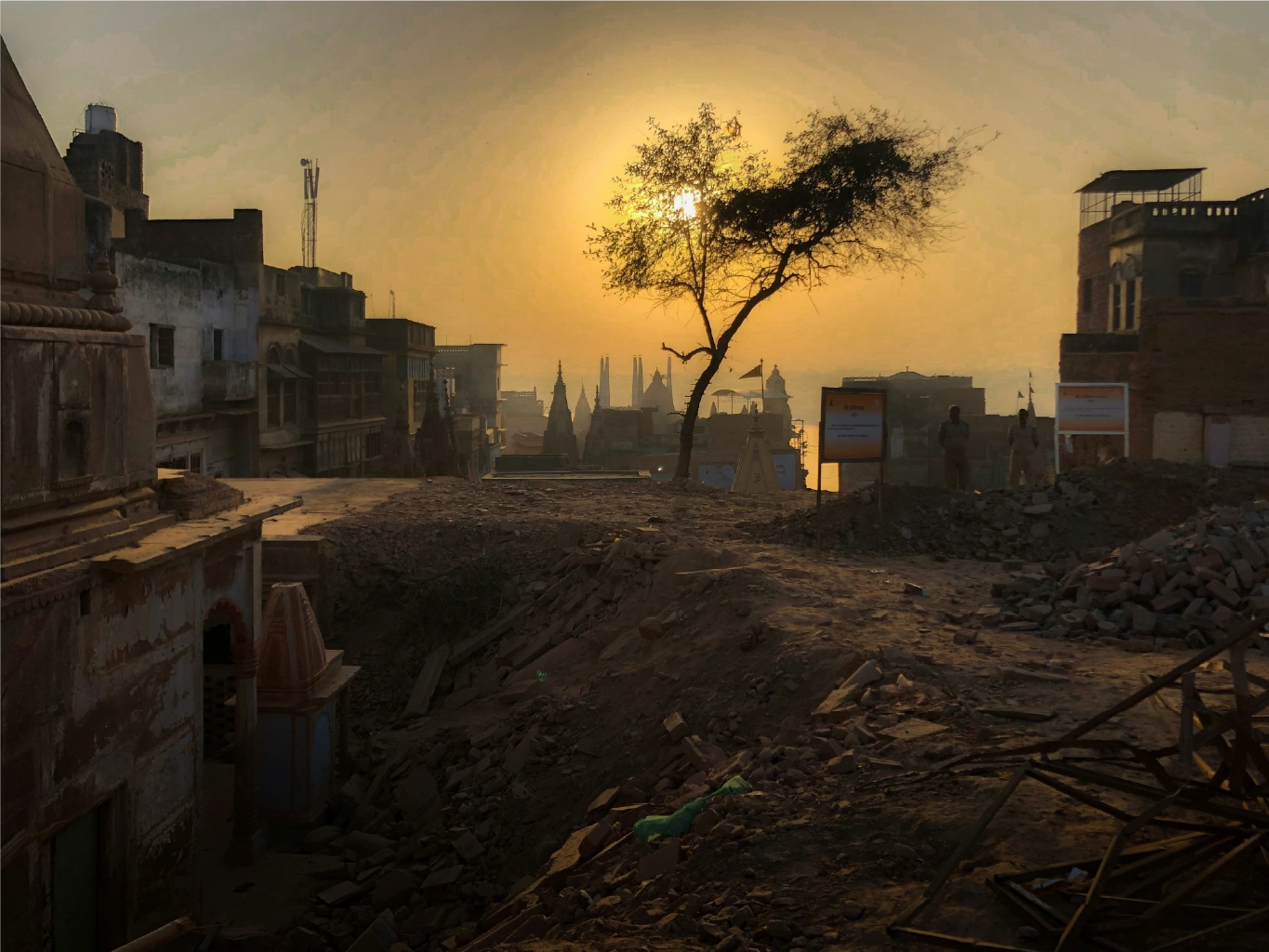
I returned to the café where I had brunch. My budget allows for one more coffee with dinner. I spent the evening on the ghats. I have no agenda other than to absorb the magic of this ancient and sacred place. I wonder whether the Buddha walked on the very spot I’m sitting, or perhaps it was the place where the mahasiddhi Viropa conducted one of his miraculous feats.
The next morning, I left early for Sarnath. The auto driver asks for Rs 1000 one way, which is far above the standard rate. We settle on Rs 500 there and back, including an hour wait. I’ll treat him to lunch.
A friend in Japan is having heart surgery that morning, and I promised to dedicate the merit from circumambulating the imposing Dhamek Chorten, which marks the actual spot where the Buddha turned the first wheel of the Dharma, towards his well being.
Devotees are meditating on lawns near the chorten, and there is a notice informing visitors that the kora area of the chorten is closed while the structure is being cleaned.
I sidestep the sign, and am immediately confronted by a guard. Before he opens his mouth, I offer him a few hundred rupees “for chai and biscuits”. I just want to do three rounds, I tell him.
He nods his head sideways, and as he takes the money, shouts to the cleaners on the bamboo scaffolding to take a short break. I notice some of the meditators on the grass. They look gobsmacked.
My friend’s surgery was successful. His wife says he’s grateful for my efforts, but adds, “You offered a bribe at a sacred site?”. “No”, I reply. “It was chai-money. The workers were happy. Your husband is happy. What’s the harm?” I receive a smiley emoji in reply. Later, I get a weak voice message from my friend: “Thank you.”
In an hour, I’m back at the ghats, ready to continue my role as both actor and audience in the on-going magic dance that is Varanasi.

